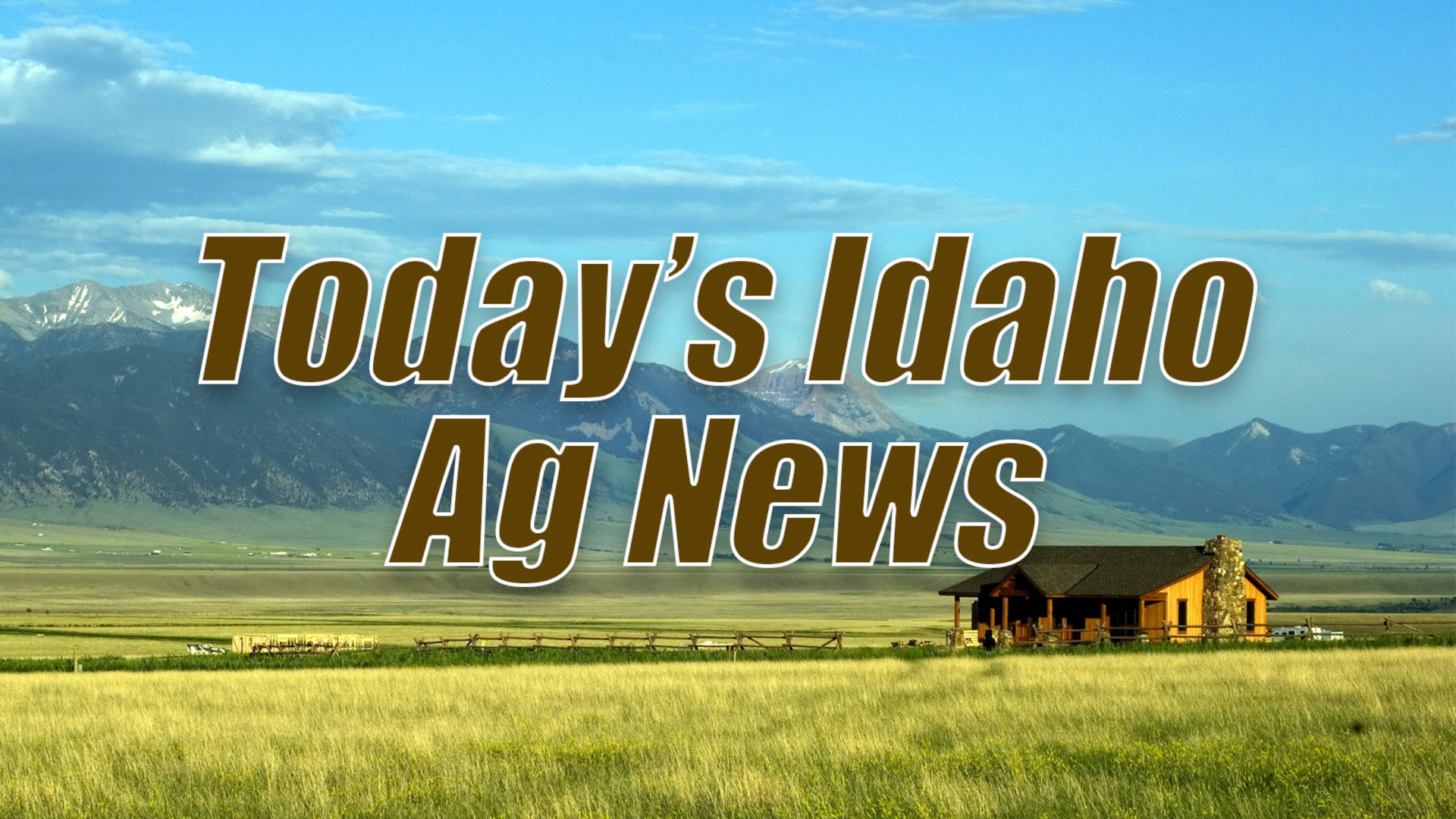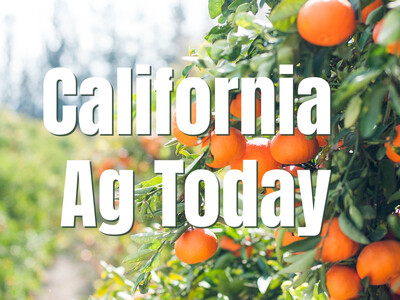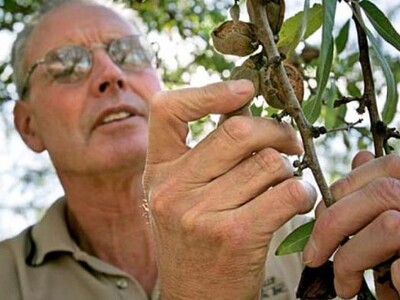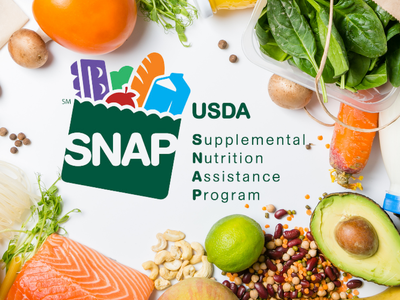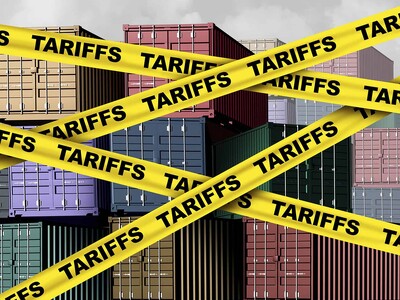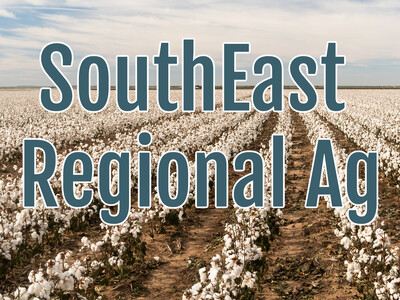Research on Ruminant Methane
There’s lots of talk about how ruminants, also known as cows, produce methane and that harms the environment according to the EPA. Dr. Mireille Chahine, Asst. Professor of Dairy Management at U of I says the amount of methane is overblown, but she’s not anti-earth. “I’m an environmentalist, I also think most of the farmers are because they take care of the land.”


